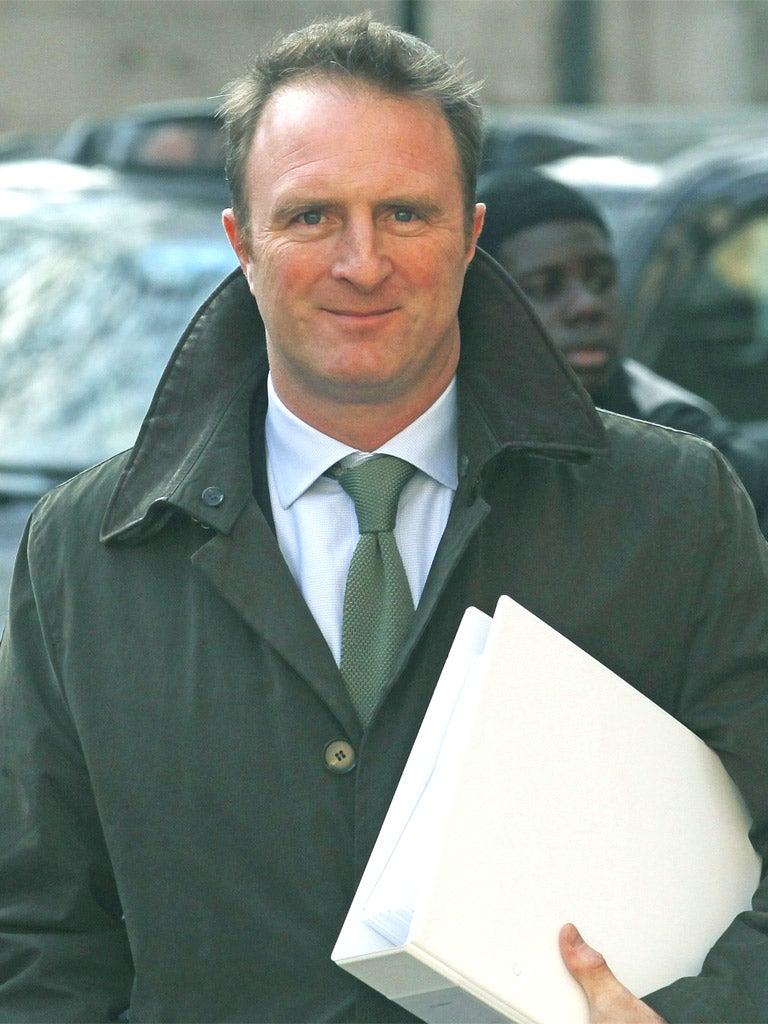Times editors knew of hacking before court case

Senior managers at The Times knew one of their reporters had hacked the emails of a police blogger but withheld the information from a High Court judge.
In a series of embarrassing admissions, James Harding, the editor of Rupert Murdoch's broadsheet, told the Leveson Inquiry that he had no idea his paper was fighting an injunction preventing it from revealing the identity of the award-winning NightJack blogger and that he had been too busy to read an email confirming that a Times journalist had illegally accessed the author's Hotmail account. Mr Harding was recalled to the public inquiry into press standards to clarify when he knew about the email hacking, which took place in May 2009.
He insisted he was only made aware of the full details of the incident in the past 10 days, after the paper went back through internal emails discussing its "outing" of Lancashire Police blogger Detective Constable Richard Horton.
But during uncomfortable testimony, the editor was confronted with an email copied to him which showed at least two of his senior staff – then managing editor David Chappell and then legal director Alastair Brett – knew by 4 June 2009 that Patrick Foster, then a 24-year-old former graduate trainee on The Times, had hacked Mr Horton's emails to reveal his identity before later confirming that information via legitimate means.
Mr Brett wrote: "I first saw Patrick Foster on or about 19 May [about NightJack]. He then said he had gained access to the blogger's email account and got his name. This raised immediate alarm bells with me... I told Patrick 'never ever think of doing what you have done again'."
The email was sent hours after a hearing before High Court judge Mr Justice Eady at which The Times opposed an attempt by Mr Horton to obtain an order protecting his anonymity. During the hearing – and for the following 10 days before Mr Eady delivered a judgment in favour of the paper – it failed to inform its barrister or the judge that it knew about the hacking, stating that Mr Foster had obtained Mr Horton's identity as the result of a "self-starting journalistic endeavour" that was based on "publicly available materials, patience and deduction".
Subscribe to Independent Premium to bookmark this article
Want to bookmark your favourite articles and stories to read or reference later? Start your Independent Premium subscription today.

Join our commenting forum
Join thought-provoking conversations, follow other Independent readers and see their replies